When considering a dump trailer for your hauling, construction, or landscaping needs, it’s imperative to navigate through a myriad of choices with a discerning eye. The world of dump trailers encompasses a spectrum of specifications, features, and capabilities designed to cater to varied user requirements. In this guide, we delve deep into the essential elements of dump trailers, ensuring that every crucial aspect is covered.
Understanding the Basics of Dump Trailers
Definition and Application
A dump trailer is a specialized trailer used primarily to transport loose materials such as gravel, sand, or dirt. Equipped with a hydraulic lift mechanism, these trailers allow for the seamless unloading of cargo at job sites. This makes them invaluable in industries ranging from construction and landscaping to agriculture and beyond.

Types of Dump Trailers
Single Axle Dump Trailers: Best suited for lighter loads and smaller jobs. Ideal for homeowners or small contractors.
Tandem Axle Dump Trailers: Offers greater stability and higher weight capacity, making them perfect for heavier materials and more extensive projects.
Gooseneck Dump Trailers: These trailers attach to a truck’s bed, providing increased maneuverability and weight distribution for larger loads.
Electric Dump Trailers: A modern innovation featuring an electric lift mechanism, reducing manual effort and enhancing convenience.
Key Features to Consider
1. Weight Capacity
The weight capacity is arguably one of the most critical specifications when selecting a dump trailer. Here’s a breakdown of pivotal weight considerations:
| Type | Weight Capacity | Best For |
|---|---|---|
| Single Axle | Up to 6,000 lbs | Residential and small contractor jobs |
| Tandem Axle | Up to 14,000 lbs | Mid-sized jobs like landscaping |
| Gooseneck | Up to 20,000 lbs | Heavy-duty hauling |
| Electric Models | Varies, often 7,000 lbs | Convenience-focused users |

2. Bed Size and Dimensions
Bed dimensions will profoundly influence the trailer’s usability. Consider your typical materials and the space requirement for loading and unloading.
- Length: Common lengths range from 10 to 16 feet.
- Width: Standard width is approximately 6 to 8 feet.
3. Build Quality and Materials
Durability is non-negotiable in the realm of dump trailers. The material composition can significantly impact the longevity and performance of the trailer.
- Steel Frames: Offer robust strength and are ideal for heavy-duty applications.
- Aluminum Bodies: Lighter and resistant to rust, suited for lighter hauling requirements.
4. Axles and Tires
The configuration of axles affects the trailer’s stability, load distribution, and turning capability.
- Single vs. Tandem Axle: Tandem axles provide better load balance and road performance.
- Tire Quality: Look for heavy-duty tires with a good tread pattern for optimal traction.
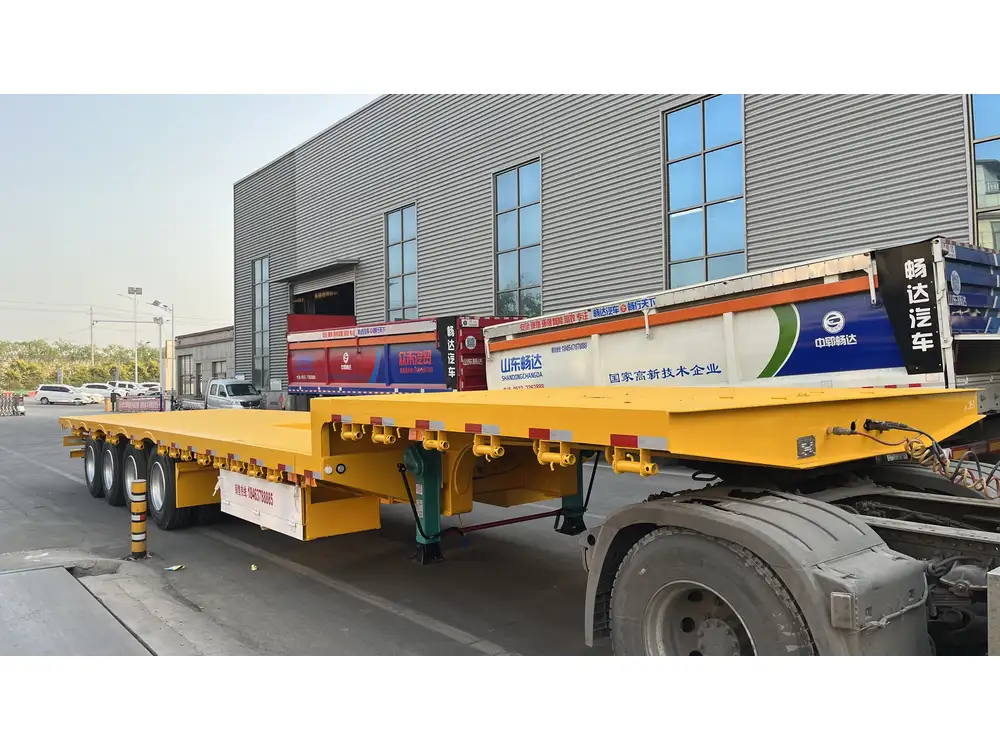
5. Loading Mechanism
Evaluate the unloading mechanisms available, as they directly impact the efficiency and safety of operation. The common types include:
- Scissor Lift: Offers a higher dumping angle.
- Single Cylinder: Generally simple but may not provide as high an angle.
Additional Features to Explore
6. Hydraulic System
A dependable hydraulic system is vital for the effective operation of the dump trailer.
- Electric vs. Manual: Electric systems provide ease of use, while manual pumps can be a backup option.
- Hydraulic Cylinder Quality: Ensure high-quality seals and durable materials to prevent leaks and failures.
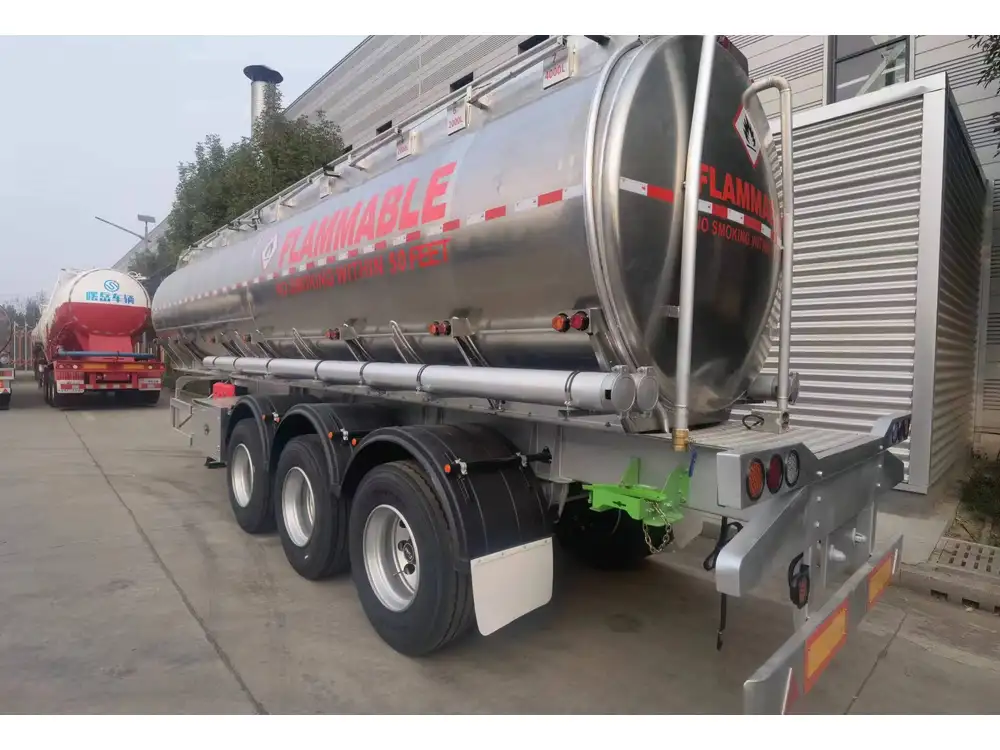
7. Safety Features
Safety should never be overlooked. A few key safety features include:
- Breakaway Safety Chains: Ensure the trailer stays attached to the towing vehicle in case of a disconnect.
- Load Securement Points: Essential for securing material during transport.
8. Brakes
Braking systems vary widely and can be a lifesaver in emergency situations. Review options such as:
- Electric Brakes: Provides better control during hauling.
- Hydraulic Brakes: Offers superior stopping power, especially in larger trailers.
9. Warranty and Support
Businesses and individual buyers should consider warranty coverage and after-sale support before purchasing.
- Warranty Length: Longer warranties often indicate manufacturer confidence in durability.
- Customer Support: Responsive service can save you from headaches down the line.
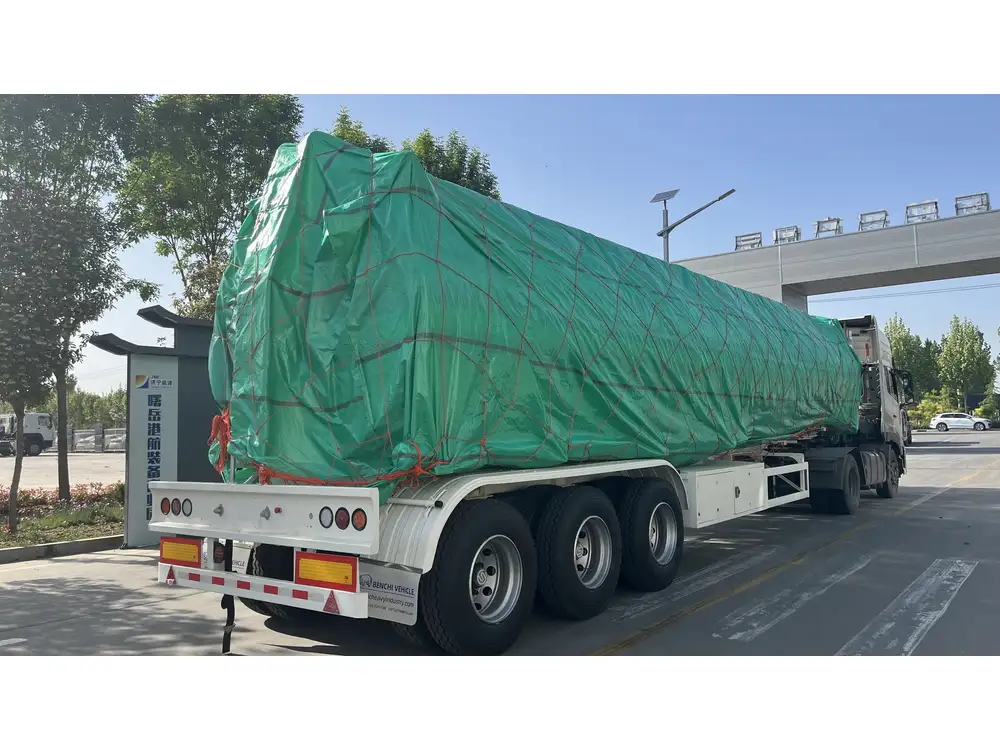
10. Additional Accessories
Enhancements can take your dump trailer to the next level. Consider options such as:
- Tarps: Keep loads secure and prevent debris from flying off.
- Side Extensions: Increase load capacity for taller materials.
- Upgraded Lighting: Enhance visibility for night operations.
Performance and Efficiency
Fuel Economy and Towing Capacity
Understanding your vehicle’s tow rating is crucial. Exceeding this can create dangerous situations. Additionally, consider the fuel economy and overall efficiency of the towing vehicle when loaded.
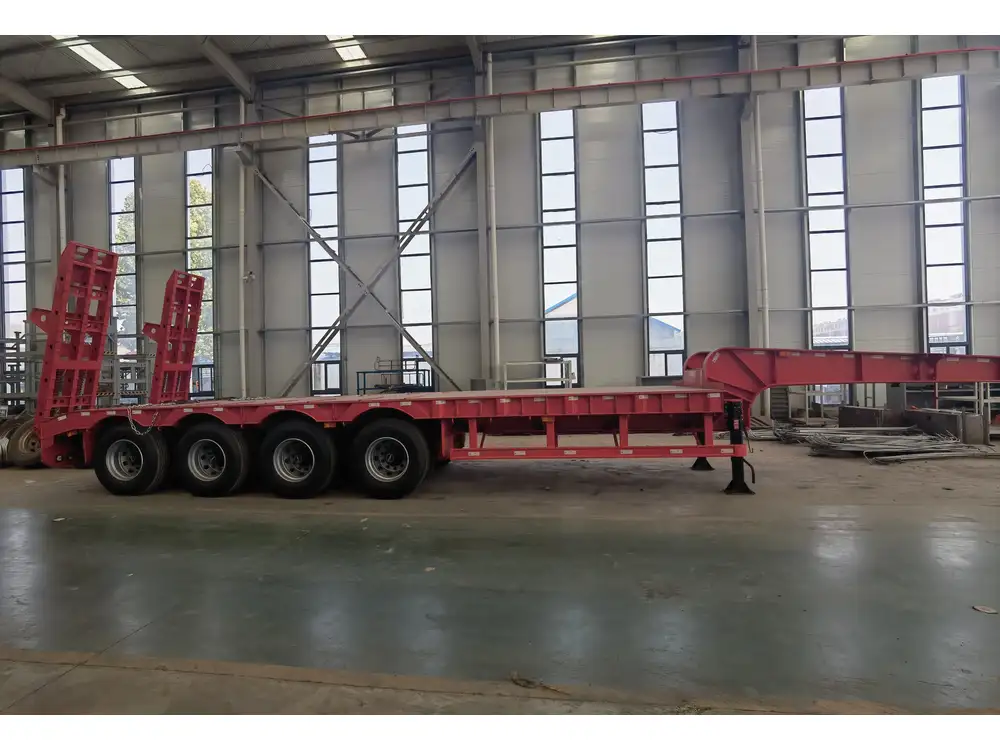
Ease of Use
Evaluate how user-friendly the controls are, especially if the trailer will be frequently loaded and unloaded. Key aspects to assess include:
- Control Location: Make sure controls are easily accessible from various positions.
- User Training: Some advanced features may require training for staff.
Cost Analysis
Initial Investment vs. Long-term Value
The initial cost of dump trailers can vary widely based on features and specifications. A robust understanding of your budget, alongside an evaluation of long-term value, is essential to ensure the best fit.
- Budget Trailers: Suitable for occasional use but may lack durability.
- Premium Trailers: Higher upfront costs, often justified by longevity and reduced repair needs.
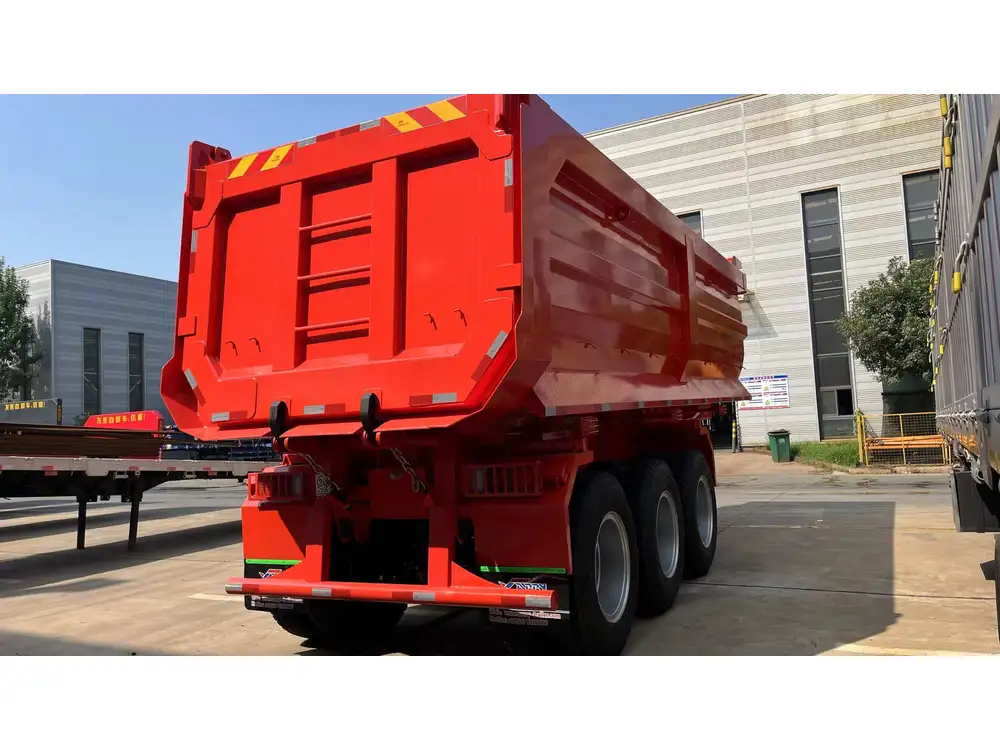
Comparing Brands and Models
Brand Reputation
Conduct research on brand reputation as it plays a vital role in overall satisfaction. Consider customer reviews, industry ratings, and recommendations.
| Brand | Reputation | Popular Models |
|---|---|---|
| Brand A | Known for durability | Model X, Model Y |
| Brand B | Innovative designs | Model Z, Model W |
| Brand C | Economical options | Model V, Model U |
Model Features
When comparing models, take note of:
- Specific features.
- Price differences.
- Availability of parts and service.

Conclusion: Making Your Decision
Finding the ideal dump trailer encompasses evaluating multiple factors, each critical to your operational needs. By understanding key specifications, features, and brand variations, you clearly position yourself to make an informed, confident decision. In a field where quality and functionality directly impact productivity, prioritizing your requirements will lead to a successful purchasing experience.
Ensure that your investment provides maximum efficiency and reliability for your hauling tasks. When ready to purchase, reach out to trusted manufacturers or dealers who can offer insightful recommendations and assist with any lingering questions. A well-chosen dump trailer is not just a purchase; it’s a strategic investment in your business’s productivity and success.



